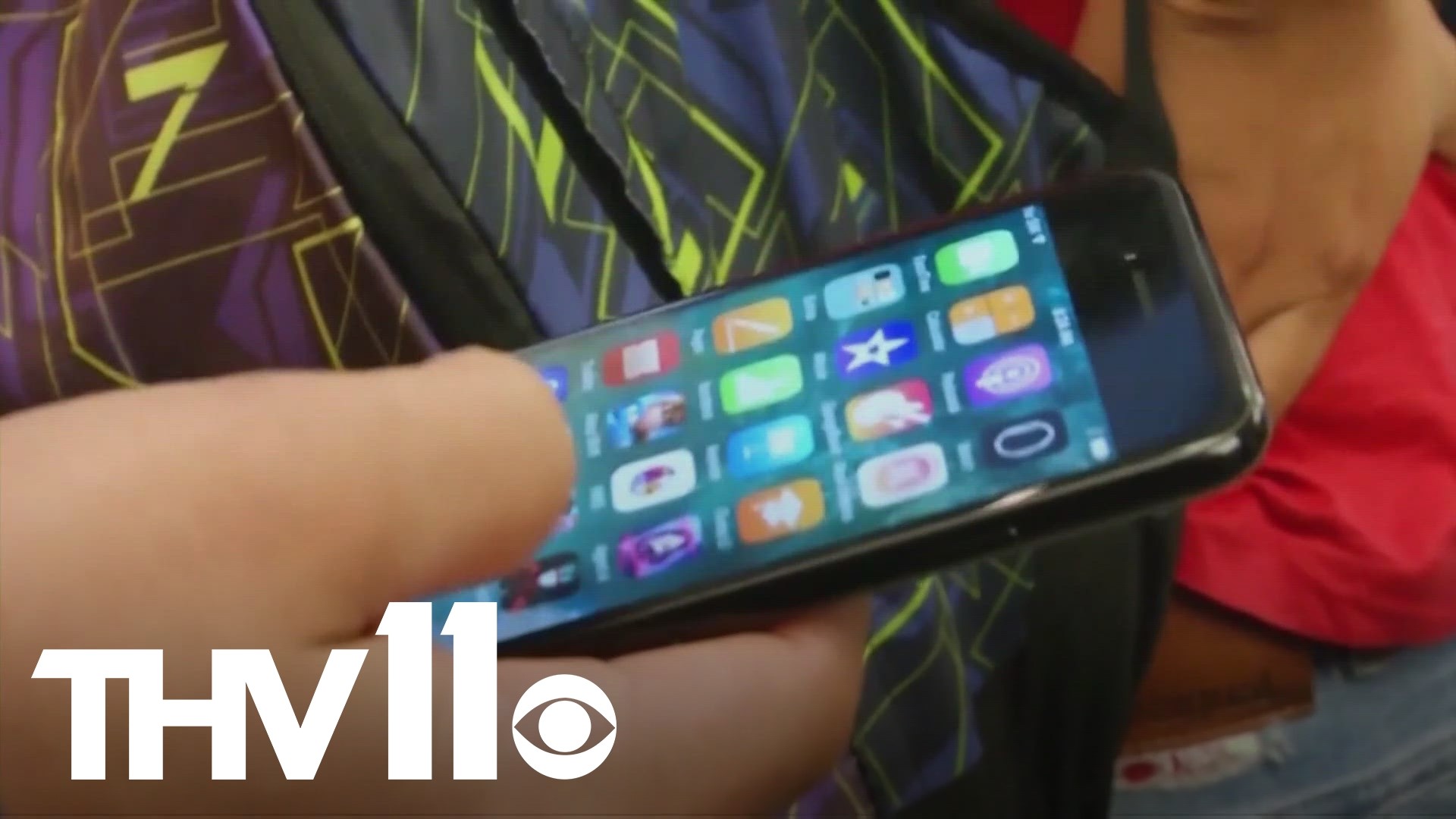LITTLE ROCK, Ark. — While online scams are nothing new—according to the Better Business Bureau, this football season— scammers have been locking in on fans.
Many of them tend to start on social media with posts of sharing fake tickets, scam websites, or even posing as your friends online.
"We're seeing a lot of the ticket scams, especially in the comments, people will comment saying, hey, I've got a ticket available to this, I'm not going to make it," Cara Carlin with Better Business Bureau explained.
However, she said those can end up being fake
While the comments can look pretty real, scammers can use fake profiles or even hack accounts to make the posts.
Some of the posts can offer bogus tickets to scam people for money, or sometimes fake links to watch a game.
"They post links to where you can stream the high school football or basketball game. And people will click them and unfortunately, sometimes give away payment information or sometimes get malicious software on their device," Carlin described.
A lot of these scammers target Facebook groups including the Razorback fan page 'Hog Country' with about 1000 members that Ray Moreno moderates.
He explained how he works every day to weed out fake accounts.
"About every 10 people that I get that want to join the group, almost half, might be blocked," Moreno said.
Though it's not a perfect process, Moreno said he errs on the side of caution and looks for clues in the poster's profile.
"I try to look at their profile, see where they're from. Somebody from a third-world country trying to sell a razorback ticket, to me that throws up another red flag," he said.
The Arkansas Attorney General's office explained that they've seen an uptick in certain scams. They shared a statement which read: "We are seeing an uptick in scams involving peer-to-peer payment systems like Cash App or Zelle. These types of systems don’t actually hold funds, so it makes it difficult to recover money when a purchase ends up being fraudulent. We encourage consumers to use credit cards for online purchases. We are also seeing an increase in scams involving cryptocurrency as a method of payment.”
There are still a few ways to protect yourself, like using verified sources and avoiding clicking unknown links.
"I would say anything online is a little bit of a minefield, right. Trust your gut, you want to trust your instincts. If that's something that seems off to you, it probably is," Carlin said.
If you think you've been a victim of a scam, you can reach out to the Attorney General's office or your local law enforcement.

